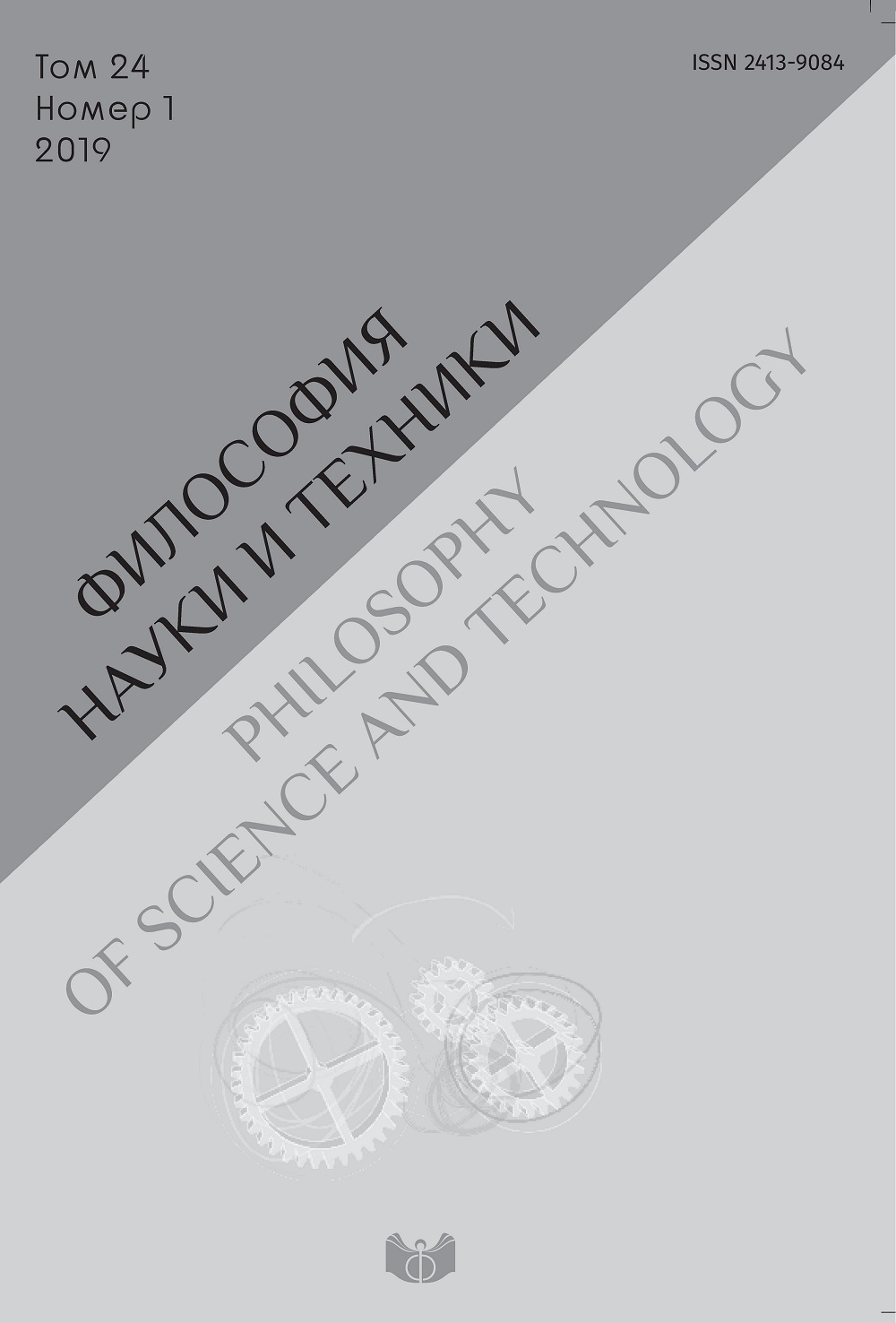Science and culture coevolution in Vyacheslav S. Stepin’s works. Papers of the “round table”.
DOI:
https://doi.org/10.21146/2413-9084-2019-24-1-7-45Keywords:
V.S. Stepin, post-non-classics, scientific rationality types, culture universals, technological civilization, synergetics, interdisciplinarity, complexity, philosophy pf science, methodologyAbstract
22 January, 2019 a «round table» discussion devoted to the memory of Vyacheslav Stepin was held at the Institute of Philosophy of the Russian Academy of Sciences. It was organized by the Department of Interdisciplinary Problems in the Advance of Science and Technology, where Vyacheslav Stepin was one of the department’s creators and closely collaborated with its research fellows ever since. Three major subjects that V. Stepin worked at were proposed for the discussion: 1) problems of technological civilization’s crisis and outlook for natural science and humanitarian knowledge convergence; 2) evolution of the ideas of scientific rationality types in context of modern technological order formation; 3) cultural universals and their role in shaping global world development scenarios. All the discussion participants’ talks demonstrate not only the wholeness of Stepin’s diverse research interests and his heritage, but also directions and contexts variety where ideas and concepts, constituting this heritage, find or are expected to find application. Participants of the Round table tell about Stepin’s final achievements on the issues under discussion as well as about the evolution of their appearance, style and methods of the master’s creative laboratory, his personal positions and leanings towards science and communication with colleagues and students. We learn a lot about the early researcher’s life and work period, his social network and also about the development of philosophers of science scientific interests, when there was the era of “storm and onslaught” of the sixties. For the last ten years Vyacheslav Stepin considered his most important task to implement his megaproject about unified methodology for natural sciences and humanities. Ideas of this project were discussed.











